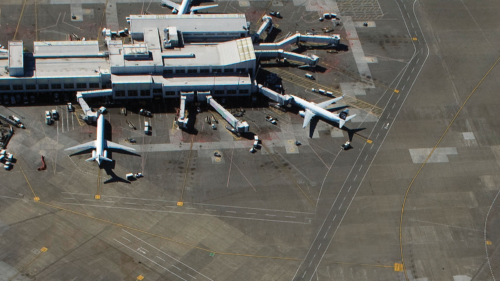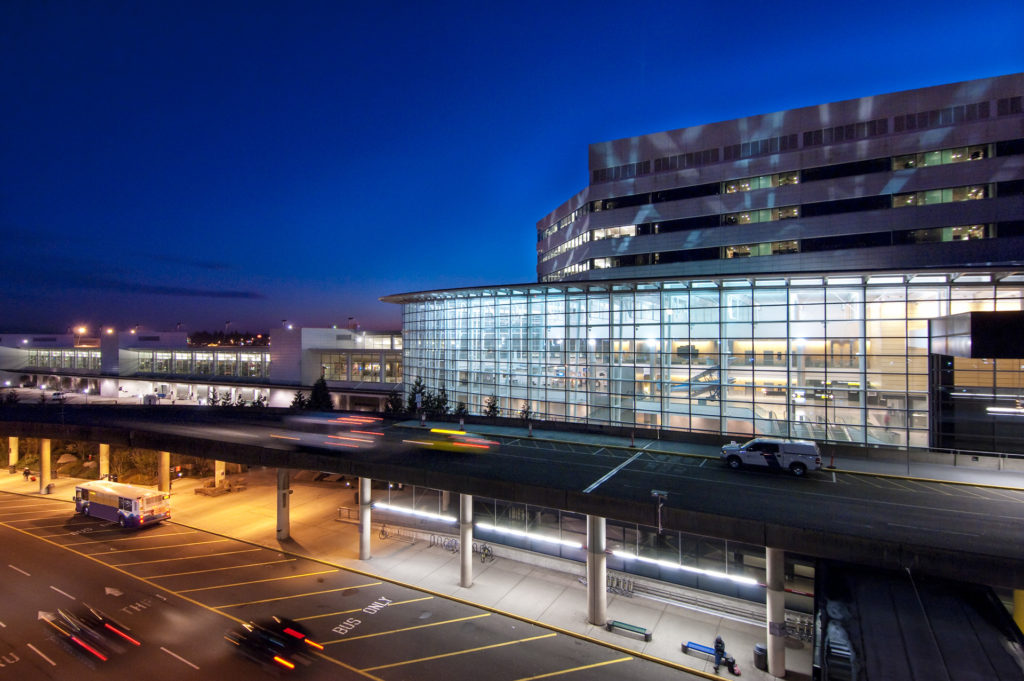Image credit: Don Wilson

Report | 2017
Innovative Funding for Sustainable Aviation Fuel at U.S. Airports
By
RMI
Explored at Seattle-Tacoma International
The Port of Seattle (the Port), as the operator of Seattle-Tacoma International Airport (Sea-Tac), can leverage its unique position at the intersection of airlines, fuel suppliers, governments, and communities to support the scale-up of SAF.

This report equips the Port’s leadership to act as one of the first airports in the world to advance climate solutions for aircraft via a reliable supply of low-carbon fuel for its passengers and airlines. It assesses and ranks 14 co-benefit funding mechanisms based on their revenue potential and feasibility (i.e., legal considerations, ease of implementation, airline factors, and other stakeholder impacts).
Image credit: Don Wilson

Why This Matters
Catalyzing large-scale uptake of SAF can contribute to the Port’s Century Agenda Goals to reduce carbon emissions and will contribute to the development of clean energy jobs in the state of Washington. Blending SAF into the Sea-Tac jet fuel supply, at a 1 percent level, would reduce CO2 by approximately 23,300–31,000 metric tons annually on a life-cycle basis.